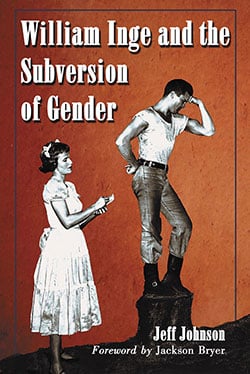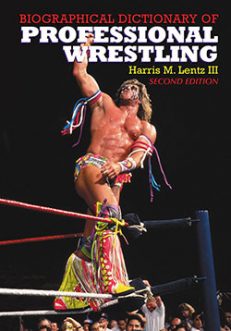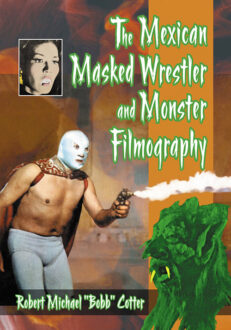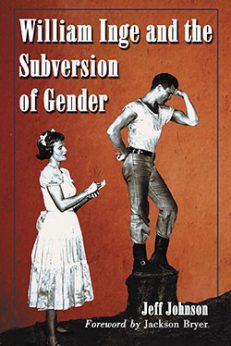William Inge and the Subversion of Gender
Rewriting Stereotypes in the Plays, Novels, and Screenplays
Original price was: $39.95.$31.99Current price is: $31.99.
In stock
About the Book
Inspired by a meeting with Tennessee Williams, American playwright William Inge found success early, winning a Pulitzer for drama and an Academy Award for best screenplay. His small-town upbringing profoundly influenced his writing, and one of his major recurring themes was the traditional roles of gender.
This close study of Inge’s work focuses particularly on his technique of “gendermandering,” patterns of gender-role reversals which Inge exploits not only for dramatic effect but also to subvert social expectations. Fully considered are stereotypes and established gender roles, especially as they were reinforced socially during the 1940s and 1950s. The author concentrates largely on material that is strictly Inge’s, not adaptations or collaborations, and on work that has been published and is readily available to the general public. All major plays; a collection of his short plays; the screenplay of Splendor in the Grass (1961); and his novel Good Luck, Miss Wyckoff are covered.
Some of Inge’s more inaccessible material, including a few short published plays as well as some of the unpublished manuscripts held in the Inge Collection at Independence Community College in Independence, Kansas, is also addressed.
About the Author(s)
Bibliographic Details
Jeff Johnson
Foreword by Jackson R. Bryer
Format: softcover (6 x 9)
Pages: 200
Bibliographic Info: photos, bibliography, index
Copyright Date: 2005
pISBN: 978-0-7864-2062-9
eISBN: 978-0-7864-8098-2
Imprint: McFarland
Table of Contents
Acknowledgments vi
Foreword 1
Preface 7
1. Stereotypes, Gender Roles and Gendermandering 11
2. The Critics 26
3. Major Works: Come Back, Little Sheba; Picnic; Bus Stop; The Dark at the Top of the Stairs; Splendor in the Grass 49
4. Minor Works: A Loss of Roses; Natural Affection; Where’s Daddy?; Good Luck, Miss Wyckoff 103
5. Short Plays 142
Bibliography 185
Index 189





